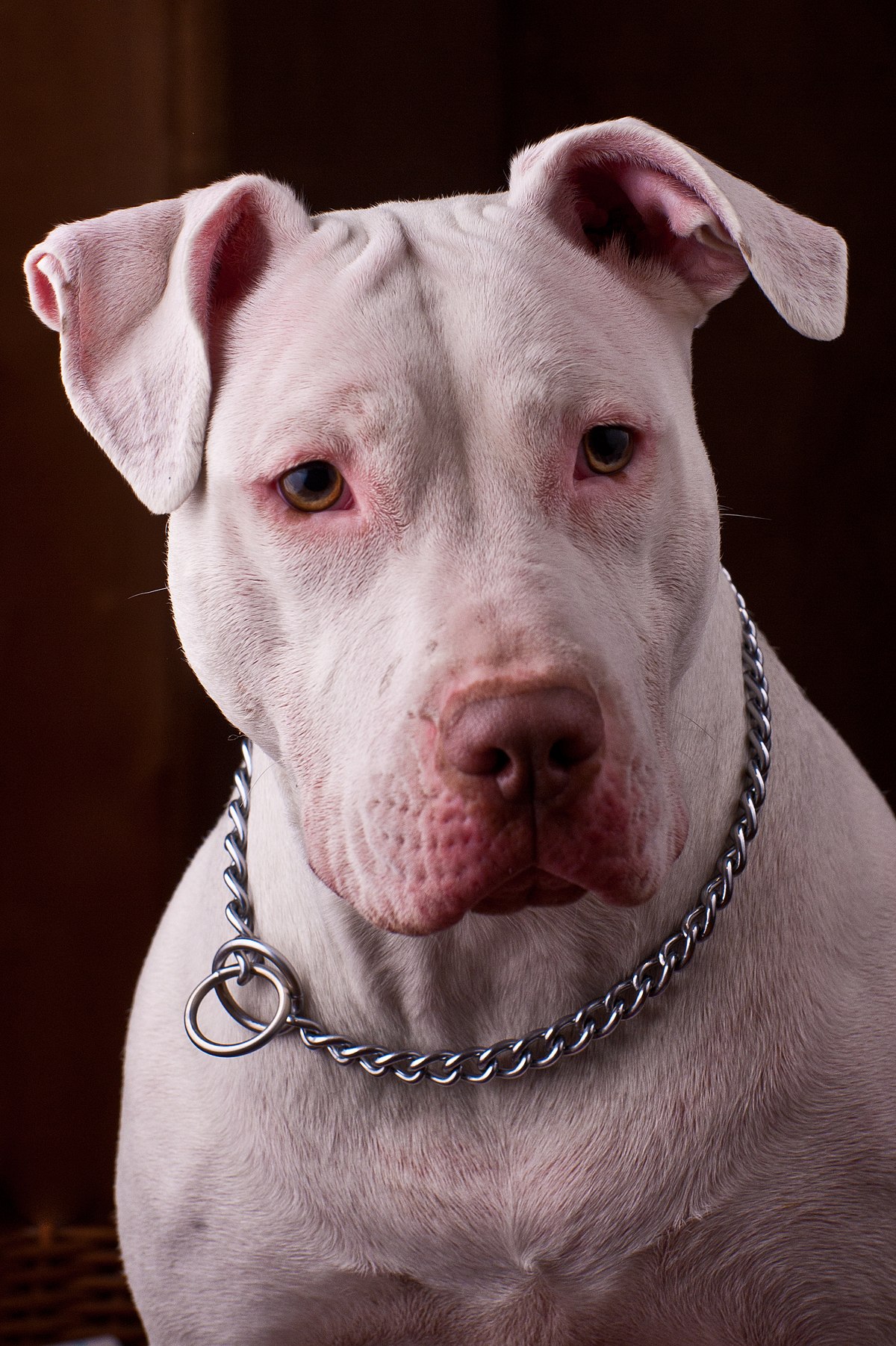The Pitbull breed has long been a subject of fascination, intrigue, and sometimes controversy. Understanding the ethnic background of these dogs helps shed light on their characteristics, temperament, and historical significance. But what exactly is the ethnic background of the Pitbull, and how has it influenced their development over time? By exploring their origins, we can gain a deeper appreciation for this beloved breed, as well as dispel some of the myths that surround them.
The Pitbull is often seen as a symbol of strength and loyalty, and their history reflects a complex interplay between various breeds and cultures. Often mistaken for a single breed, the term "Pitbull" actually encompasses several breeds, including the American Pit Bull Terrier, American Staffordshire Terrier, and Staffordshire Bull Terrier. Each of these breeds carries its own unique heritage that contributes to the breed's overall ethnic background.
As we delve into the roots of the Pitbull, we will also address common misconceptions and stereotypes that can lead to misunderstandings about their nature. By understanding the true ethnic background of Pitbulls, we can promote responsible ownership and encourage a more informed perspective on these lovable companions.
What is the Historical Ethnic Background of the Pitbull?
The Pitbull's roots can be traced back to the early 19th century in England, where they were bred from a mix of bulldogs and terriers. This combination was aimed at creating a versatile working dog that could assist in various tasks, such as herding livestock and participating in bull-baiting. As the practice of bull-baiting became outlawed, these dogs were repurposed for a variety of roles, including as loyal companions and farm dogs.
How Did the Pitbull Come to America?
In the mid-1800s, immigrants brought their Pitbulls to America, where they quickly gained popularity. The breed was embraced for its strength, intelligence, and loyalty, making them ideal for farm work and family companionship. Over time, the breed continued to evolve, leading to the development of the American Pit Bull Terrier.
What Are the Major Types of Pitbull Breeds?
The term "Pitbull" encompasses several distinct breeds, each with its own ethnic background:
- American Pit Bull Terrier: Known for their athleticism and intelligence, this breed is recognized for its loyalty and eagerness to please.
- American Staffordshire Terrier: This breed is often confused with the American Pit Bull Terrier but is generally known for its stockier build and gentle demeanor.
- Staffordshire Bull Terrier: Smaller than the other two, this breed is known for its affectionate nature and strong bond with families.
What Influences the Temperament of Pitbulls?
The ethnic background of Pitbulls plays a significant role in shaping their temperament. The breeds that contributed to their development were selected for their working abilities and temperament, leading to the loyal, intelligent, and confident nature that Pitbulls exhibit today. It’s essential for owners to understand that temperament can also be greatly influenced by training, socialization, and the environment in which the dog is raised.
Are Pitbulls Considered Aggressive Due to Their Ethnic Background?
One of the most common misconceptions about Pitbulls is that they are inherently aggressive. While it is true that any breed can display aggressive behavior if not properly trained or socialized, the idea that Pitbulls are naturally predisposed to aggression is largely unfounded. Their ethnic background does not dictate their behavior; rather, it is a combination of genetics, upbringing, and individual personality.
What Are the Common Misconceptions Surrounding Pitbulls?
Several misconceptions exist regarding the Pitbull breed, including:
- They are all dangerous: Not all Pitbulls are aggressive; many are gentle and affectionate.
- They are born fighters: While they have a history of being used in dog fighting, many Pitbulls can thrive as loving family pets.
- They cannot be trained: Pitbulls are intelligent and trainable, especially when provided with consistent training and positive reinforcement.
How Can Understanding the Pitbull Ethnic Background Help Owners?
By understanding the ethnic background of Pitbulls, owners can better appreciate their unique characteristics and needs. This knowledge can lead to more responsible ownership, including proper training, socialization, and a commitment to providing a safe and loving environment.
What Should Prospective Owners Know About Pitbulls?
For those considering bringing a Pitbull into their home, it's crucial to research and understand the breed's needs, temperament, and potential challenges. Here are some essential tips for prospective owners:
- Commit to Training: Invest time in training and socialization to ensure a well-adjusted dog.
- Provide Mental and Physical Stimulation: Engage in regular exercise and mental activities to keep your Pitbull happy.
- Be a Responsible Owner: Understand local laws regarding breed-specific legislation and ensure your pet is well cared for.
What Is the Future of Pitbulls in Society?
The future of Pitbulls in society hinges on the collective understanding of their ethnic background, behavior, and the commitment of responsible owners. As education and awareness grow, the stigma surrounding the breed can diminish, allowing Pitbulls to be recognized for the loving companions they are.
In summary, understanding the ethnic background of Pitbulls is key to appreciating their history and characteristics. By fostering responsible ownership and educating ourselves and others, we can create a brighter future for these incredible dogs.



